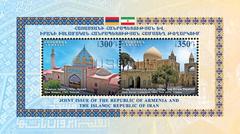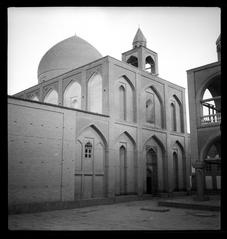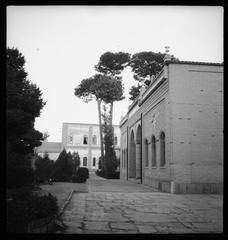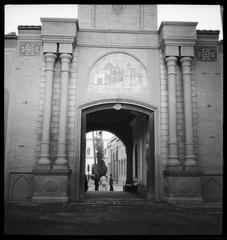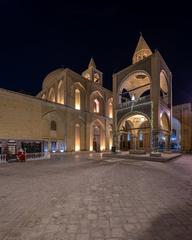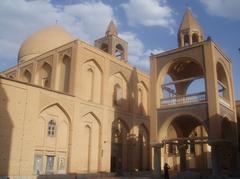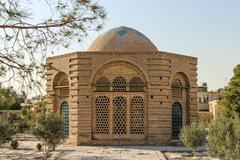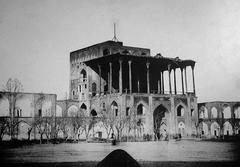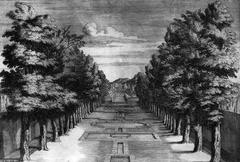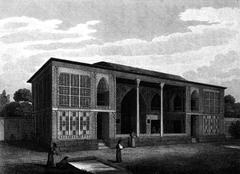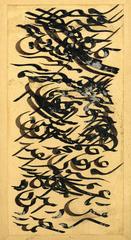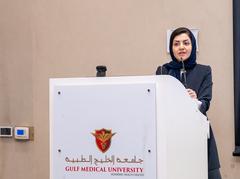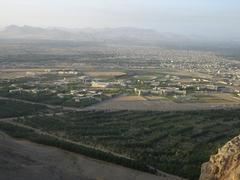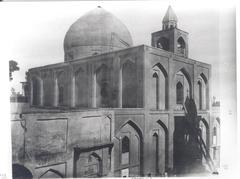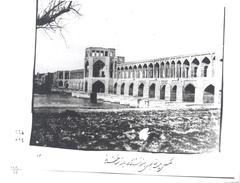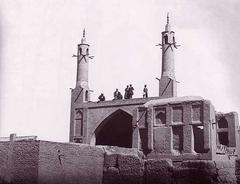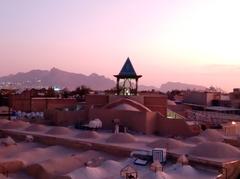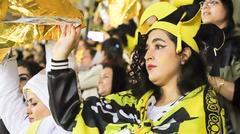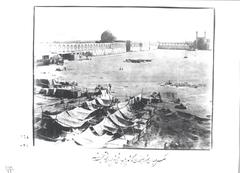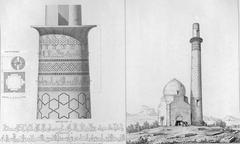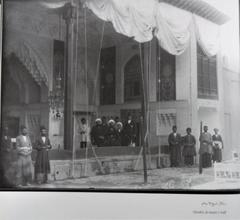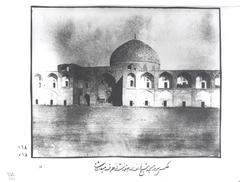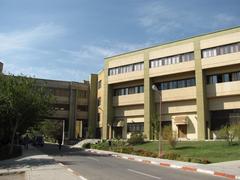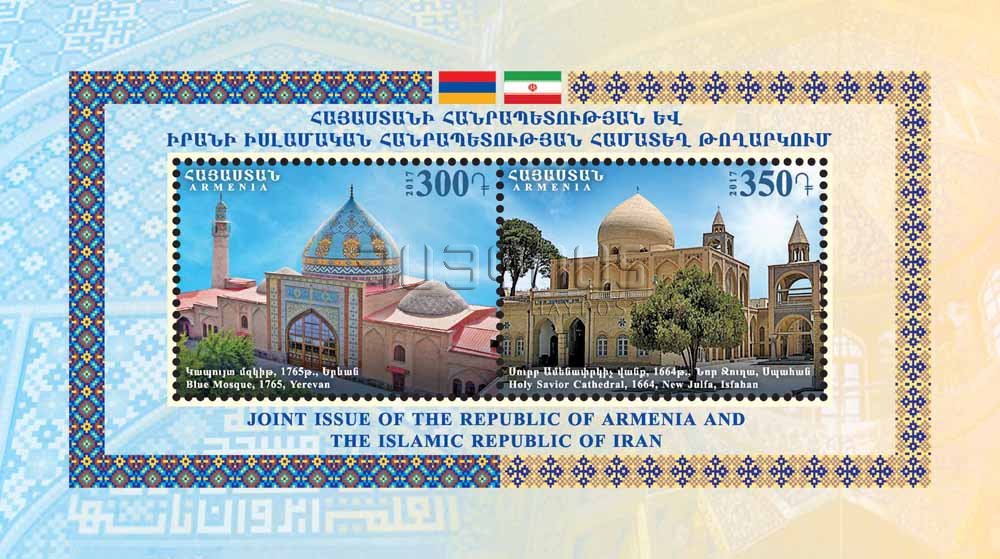
Vank Cathedral Visiting Hours, Tickets, and Isfahan Historical Sites Guide
Date: 14/06/2025
Introduction: The Significance of Vank Cathedral in Isfahan
Located in the heart of Isfahan’s New Jolfa district, Vank Cathedral—also known as the Holy Savior Cathedral or Kelisa-ye Vank—is one of Iran’s most distinguished landmarks of Armenian Christian heritage. Founded in the early 17th century after the forced relocation of Armenians by Shah Abbas I, the cathedral not only serves as a vibrant spiritual center for the Armenian Apostolic community but also stands as a testament to centuries of cultural synthesis between Armenian and Persian traditions.
Vank Cathedral’s exterior may appear modest with its yellow brickwork, but stepping inside reveals a dazzling interior of intricate frescoes, gilded carvings, and Persian miniature motifs. The cathedral complex comprises a museum, library, and memorials that chronicle the Armenian diaspora’s presence in Isfahan, including rare manuscripts and the country’s first printing press. This guide provides comprehensive information on visiting hours, ticketing, accessibility, travel tips, and nearby attractions to ensure an enriching experience at one of Isfahan’s most iconic historical sites (iranontrip.com; isfahaninfo.com; mabnatrip.com).
Table of Contents
- Introduction
- Historical Background
- Architectural Highlights
- The Museum and Complex
- Visitor Information
- Location & Getting There
- Nearby Attractions & Suggested Itineraries
- Special Events & Festivals
- Frequently Asked Questions (FAQ)
- Conclusion & Call to Action
- References
Historical Background
Origins and Foundation
Vank Cathedral’s roots trace back to the aftermath of the Ottoman–Safavid War (1603–1618), when Shah Abbas I strategically relocated thousands of Armenians from the Caucasus to Isfahan’s New Jolfa district. The term “Vank” means “monastery” in Armenian, reflecting its original function. Construction began in 1606, with major expansion under Archbishop David between 1655 and 1664, as the community flourished (iranparadise.com; iranontrip.com).
Architectural Evolution
Vank Cathedral is celebrated for its harmonious blend of Armenian Christian and Persian Islamic architecture. The brick exterior, inspired by Persian design, contrasts with the opulent interior, which features biblical frescoes, gilded carvings, and Persian miniature-style motifs (iranparadise.com). The domed sanctuary reflects Iranian mosque design, while semi-octagonal apses and arches reference Western and Islamic influences. This synthesis is a visual testament to the Armenian community’s adaptability and creativity (iranontrip.com).
Cultural Significance
More than a place of worship, Vank Cathedral is the cultural and social nucleus for Armenians in Isfahan. The complex houses a bell tower, a library with over 700 manuscripts, and a museum that preserves ancient Bibles, religious artifacts, and Iran’s first printing press (1647). The courtyard’s memorial commemorates victims of the Armenian Genocide, with annual candlelight ceremonies that underscore the cathedral’s role in collective memory (iranparadise.com).
Architectural Highlights
Exterior Design and Structure
The cathedral’s facade, constructed from yellow brick in pastel desert hues, seamlessly merges Armenian and Persian architectural motifs (Chasing the Unexpected). A modest arched gateway opens to tranquil gardens and the main courtyard.
The bell tower, built in 1702, stands at the entrance and harmonizes with the surrounding structures. The courtyard features graves of prominent Orthodox and Protestant Christians (OrientTrips).
Domes and Roof Structure
A defining element is the cathedral’s dual-dome system. The main dome, reminiscent of Persian mosques, is painted lapis lazuli blue inside and illuminated by eight windows depicting biblical scenes (Surfiran). A smaller dome above the nave is supported by square columns and arches.
Interior: Frescoes, Tilework, and Altar
Inside, the cathedral dazzles with frescoes depicting stories from the Old and New Testaments—creation, martyrdoms, and the Last Judgment (IranAmaze; OrientTrips). Gold leaf, Persian floral patterns, and Armenian iconography lend grandeur. Stained glass windows filter colored light, while tilework throughout echoes Persian mosque art (Matinabad). The altar area features a semi-octagonal apse, lavishly decorated with gilded carvings and religious motifs (Chasing the Unexpected).
Synthesis of Styles
Vank Cathedral’s floor plan follows Armenian basilica tradition but incorporates Persian domes and tilework, with decorative motifs intertwining Christian and Persian elements (Tehran Times; IranAmaze). This blend has influenced other religious architecture in the region.
The Museum and Complex
Museum of Armenian Heritage
The museum adjacent to the main sanctuary holds a diverse collection of Armenian artifacts, illuminated manuscripts, ecclesiastical vestments, and documents related to the Armenian community’s history in Iran (Matinabad). Notable exhibits include the world’s smallest scripture and a hair inscribed with a verse viewable under a microscope (isfahaninfo.com).
Memorials and Cemetery
A memorial within the complex honors victims of the Armenian Genocide, while the cemetery holds graves of community members and historical figures (Chasing the Unexpected).
Visitor Information
Visiting Hours & Tickets
- Hours: Typically open daily from 8:30 AM–1:30 PM and 4:00 PM–6:30 PM. Times may vary seasonally or on religious holidays (tappersia.com).
- Tickets: Admission for foreign tourists is around IRR 200,000 as of 2024, including access to the cathedral, museum, and library (surfiran.com). Student and group discounts may apply.
Accessibility & Facilities
- The complex is accessible to visitors with disabilities, with paved walkways and ramps.
- Restrooms and a small gift shop are available on site. Cafes and restaurants abound in the surrounding Jolfa district (1stquest.com).
Guided Tours
- Guided tours in English and other languages are available and recommended for deeper insight (eavartravel.com).
- Private tours may be arranged through local agencies or at the cathedral.
Photography & Etiquette
- Photography is generally allowed, but flash use is discouraged to protect artworks.
- Visitors should dress modestly: women should cover hair and wear long sleeves; men should avoid shorts.
- Maintain silence in prayer halls and respect ongoing religious services.
Practical Travel Tips
- Arrive early or late in the day to avoid crowds.
- Visit alongside other New Jolfa attractions for a full cultural experience.
- Check local listings for any special events or changes in opening hours.
Location & Getting There
- Address: East Nazar Street, Vank Church Alley, New Jolfa, Isfahan (isfahaninfo.com)
- Access: About a 20-minute walk from Si-o-Se Pol subway station. Due to narrow streets, parking is limited; exploring Jolfa on foot is recommended (tappersia.com).
Nearby Attractions & Suggested Itineraries
- Isfahan Music Museum: Traditional instruments and live performances (1stquest.com).
- Khaju and Si-o-Se Pol Bridges: Iconic Safavid bridges over the Zayandehroud River.
- Jolfa District: Home to boutique shops, art galleries, and Armenian bakeries.
- Chehel Sotoun Palace: Safavid-era pavilion and gardens.
- Naqsh-e Jahan Square: A UNESCO World Heritage Site, a short drive away.
A sample itinerary might include a morning at Vank Cathedral, lunch in Jolfa, and an afternoon at the nearby museums and historic bridges.
Special Events & Festivals
Vank Cathedral hosts significant religious festivals and cultural events, especially around Armenian Orthodox holidays. These provide unique opportunities to witness the community’s living traditions firsthand. Check local listings or the cathedral’s website for event details.
Frequently Asked Questions (FAQ)
Q: What are Vank Cathedral’s visiting hours?
A: Typically 8:30 AM–1:30 PM and 4:00 PM–6:30 PM. Check ahead for changes.
Q: How much is admission?
A: IRR 200,000 for foreign visitors (2024), including museum and library.
Q: Is it accessible for people with disabilities?
A: Yes, most areas have ramps and paved paths.
Q: Are guided tours available?
A: Yes, in English and other languages.
Q: Can I take photographs?
A: Yes, but avoid using flash and always respect religious activities.
Q: What should I wear?
A: Modest clothing; women should cover hair, men should avoid shorts.
Conclusion & Call to Action
Vank Cathedral is a profound testament to the Armenian community’s resilience and the rich tapestry of Isfahan’s history. Its unique fusion of Persian and Armenian art and architecture, coupled with its active role as a place of worship and remembrance, makes it an essential destination for history, culture, and architecture enthusiasts alike. Plan your visit using the information above, and make the most of your time in Isfahan by exploring the vibrant Jolfa district and nearby historical sites.
Download the Audiala app for interactive maps, guided audio tours, and up-to-date information on Vank Cathedral and other Isfahan attractions. Follow us on social media for the latest travel updates and inspiration.
References and Further Reading
- Vank Cathedral Historical Overview, 2024, Iran on Trip
- Vank Cathedral Visitor Information, 2024, Isfahan Info
- Vank Cathedral Cultural Significance, 2024, Mabna Trip
- Vank Cathedral and Armenian Heritage, 2024, Iran Paradise
- Vank Cathedral Architecture and Visitor Guide, 2024, Orient Trips
- Vank Cathedral Travel Guide, 2024, Surfiran
- Chasing the Unexpected – Vank Cathedral
- Matinabad – Vank Cathedral
- Tehran Times – Vank Cathedral
- IranAmaze – Vank Cathedral
- Eavar Travel – Vank Cathedral
- 1stQuest – Isfahan Itinerary
- Hey Persia – Vank Cathedral
- TAP Persia – Vank Cathedral
